Currently, on the market there are many types of MSG (monosodium glutamate) that are divided and decanted from large bags of Chinese MSG into packages weighing several hundred grams to several kilograms.
These types of MSG have their own brands, are often divided and packaged at small food establishments and then sold at markets and supermarkets at very cheap prices.
These packaged and divided MSG products often have the common characteristic of lacking information on the packaging. In addition, it is not possible to determine whether the organization or individual performing the portioning and packaging in Vietnam has obtained permission from the organization or individual producing the MSG before portioning and packaging.
Nowadays, many types of MSG (monosodium glutamate) are divided from large bags of MSG imported from China into small packages ranging from a few hundred grams to a few kilograms. These products often have their own brands and are packaged at small food establishments, then sold at markets and supermarkets at cheap prices.
What they have in common is that the packaging does not contain information about the name and address of the organization or individual that produced the MSG before it was divided and packaged; does not clearly state information about the origin; does not fully state the production date, packaging date and expiration date of the product.
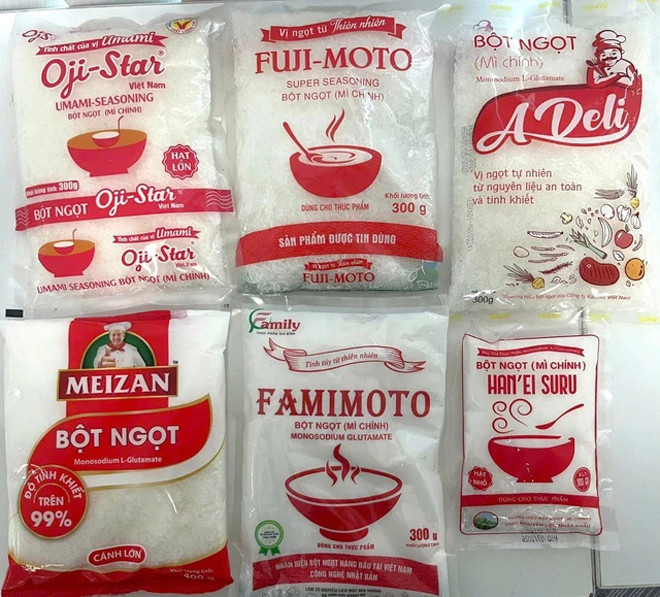
MSG powder of unknown origin is rampant.
According to preliminary investigations, there are 26 organizations and individuals in 9 provinces and cities including Hanoi, Ho Chi Minh City, Da Nang, An Giang, Binh Dinh, Binh Duong, Vinh Phuc, Phu Tho, Quang Tri are dividing and packaging Chinese MSG to sell to retailers in markets and grocery stores nationwide. In particular, some products are openly sold in large supermarkets.
For example, in Hanoi city there are some MSG products divided and packaged as follows:
"King MSG": Information on the packaging: Product of Starfood Vietnam Food Company Limited, address at 27/533 Tam Trinh Street, Hoang Van Thu Ward, Hoang Mai District. Packaged at: No. 93 Linh Nam, Mai Dong Ward, Hoang Mai District, Hanoi City.
"Sakara MSG": Information on the packaging: The company responsible for the product is Nam Thang Food Trading Import Export Company Limited. Address: No. 39T Yen Phu Street, Yen Phu Ward, Tay Ho District. Packaging facility: No. 8/10, Lane 53 Bo De Street, Long Bien District, Hanoi.
In Ho Chi Minh City, there are some MSG products, packaged as follows:
"Oji - Star MSG": Information on the packaging states: Nam Phong Production - Packaging - Processing - Trading and Service Company Limited, address: 114 Le Loi, Ward 4, Go Vap District.
"Meizan MSG": Information on the packaging states: packaged in Vietnam by: Nam Duong International Food Co., Ltd. at address: Lot C20a-3, Road 14, Hiep Phuoc Industrial Park, Hiep Phuoc Commune, Nha Be District, Ho Chi Minh City.
All of the above products do not clearly state information about their origin; there is no information about the name and address of the organization or individual that produced the MSG before it was divided and packaged.
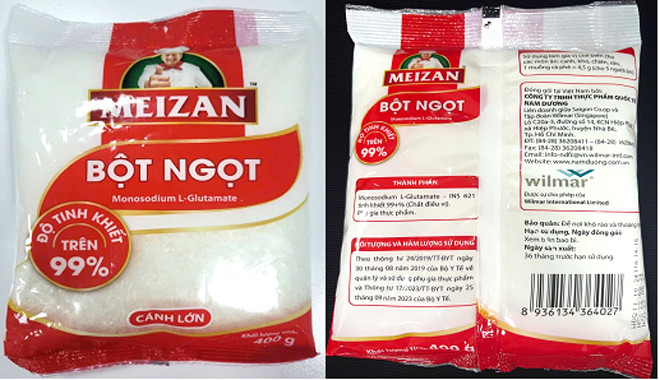
According to research, these companies are not direct MSG manufacturers in Vietnam. It is unclear where these companies source MSG for packaging, as well as the origin of the company that produces MSG before packaging into these products.
Risks from MSG of unknown origin
In the context of a mixed market of spices and food, consumers need to pay special attention to the quality and origin of products before buying, because products that do not guarantee quality can be harmful to health.
According to Dr. Nguyen Thi Huong Lan, Lecturer of the Department of Nutrition and Food Safety - Hanoi Medical University, Head of the Department of Nutrition - Xanh Pon General Hospital, food and spices are essential items that we eat every day. If we accidentally buy unreliable, poor quality products, it will have a negative impact on our health. However, many Vietnamese consumers do not have the habit of carefully checking the origin and source of the product before buying. Consuming food and spices that do not ensure quality will cause serious health effects, either immediately or in the long term. Therefore, consumers should carefully check the information on the product packaging and understand the product clearly before buying to protect the rights and health of themselves and their families, especially for food and spices.
Not only harmful to consumers' health, MSG powder of unknown origin and origin also disrupts the market, affecting reputable manufacturers and the domestic investment environment.
The widespread circulation of MSG, not only in markets and grocery stores but also in official sales channels such as supermarkets, shows a gap in the control of goods on the market. Authorities need to quickly intervene and handle the situation thoroughly to ensure the safety of consumers' health, stabilize the market and protect the rights of genuine manufacturers.
Information on product packaging that consumers need to pay attention to
According to research, product labels of MSG products, packaged and divided, must comply with the following regulations:
According to Clause 1, Article 10, Clause 6, Article 12 of Decree 43/2017/ND-CP dated April 14, 2017 of the Government (1) on product labels:
1. Product labels must show the following information:
a) Name of goods;
b) Name and address of the organization or individual responsible for the goods;
c) Origin of goods;
6. In case an organization or individual assembles, packages or bottles the product, the label must include the name and address of the organization or individual that assembles, packages or bottles the product, and the name or name and address, and other information of the organization or individual that produces the product before assembling, packaging or bottling the product, when permitted by such organization or individual.
According to Clause 3, Article 6 of Circular No. 05/2019/TT-BKHCN dated June 26, 2019 of the Ministry of Science and Technology (2) detailing the implementation of Clause 6, Article 12 of Decree No. 43/2017/ND-CP:
Goods can only be divided, decanted for packaging and bottling when permitted by the organization or individual producing the goods and must ensure the quality as declared by the manufacturer on the original label.
For example, allowing division, decanting for packaging, bottling according to contract.
Goods that are divided, decanted for packaging or bottling must have the name and address of the organization or individual that packs or bottles the goods on the label, and the name and address of the organization or individual that produces the goods before packaging or bottling.
In addition, Clause 1, Article 10 of Circular 24/2019/TT-BYT dated August 30, 2019 of the Ministry of Health (3) on management and use of food additives stipulates requirements for dividing, decanting, filling, repackaging and mixing of food additives as follows:
"Food additives may only be divided, decanted, filled, or repackaged with written consent from the organization or individual producing or responsible for the product."
Information on the origin of goods is implemented according to the provisions of Clause 7, Article 1 of Decree No. 111/2021/ND-CP dated December 9, 2021 of the Government (4) on Amending and supplementing a number of articles of Decree No. 43/2017/ND-CP dated April 14, 2017 of the Government on Product Labeling:
1. Organizations and individuals producing, exporting and importing must self-determine and record the origin of their goods to ensure honesty, accuracy and compliance with legal regulations on the origin of exported and imported goods, goods produced in Vietnam or international commitments to which Vietnam is a party.
2. The origin of goods stated on the label is shown by one of the following phrases: "made in"; "manufactured in"; "country of manufacture"; "origin"; "manufactured by"; "product of" with the name of the country or territory where the goods are produced or stated according to the law on origin of goods.
3. In case the origin of goods cannot be determined according to the provisions of Clause 1 of this Article, the place where the final stage of completing the goods is recorded. Expressed by one of the following phrases or a combination of phrases showing the stage of completing the goods: "assembled at"; "bottled at"; "mixed at"; "finished at"; "packaged at"; "labeled at" with the name of the country or territory where the final stage of completing the goods is performed.
(According to: Health and Life)
Source: https://vietnamnet.vn/nguy-co-suc-khoe-tu-bot-ngot-bao-bi-viet-nam-nhung-ruot-khong-ro-xuat-xu-2339435.html



![[Photo] General Secretary To Lam begins official visit to Russia and attends the 80th Anniversary of Victory over Fascism](https://vphoto.vietnam.vn/thumb/1200x675/vietnam/resource/IMAGE/2025/5/8/5d2566d7f67d4a1e9b88bc677831ec9d)
![[Photo] Prime Minister Pham Minh Chinh meets with the Policy Advisory Council on Private Economic Development](https://vphoto.vietnam.vn/thumb/1200x675/vietnam/resource/IMAGE/2025/5/8/387da60b85cc489ab2aed8442fc3b14a)
![[Photo] General Secretary concludes visit to Azerbaijan, departs for visit to Russian Federation](https://vphoto.vietnam.vn/thumb/1200x675/vietnam/resource/IMAGE/2025/5/8/7a135ad280314b66917ad278ce0e26fa)
![[Photo] President Luong Cuong presents the decision to appoint Deputy Head of the Office of the President](https://vphoto.vietnam.vn/thumb/1200x675/vietnam/resource/IMAGE/2025/5/8/501f8ee192f3476ab9f7579c57b423ad)
![[Photo] National Assembly Chairman Tran Thanh Man chairs the meeting of the Subcommittee on Documents of the First National Assembly Party Congress](https://vphoto.vietnam.vn/thumb/1200x675/vietnam/resource/IMAGE/2025/5/8/72b19a73d94a4affab411fd8c87f4f8d)
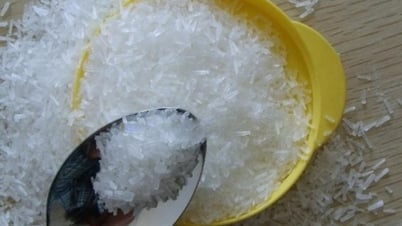

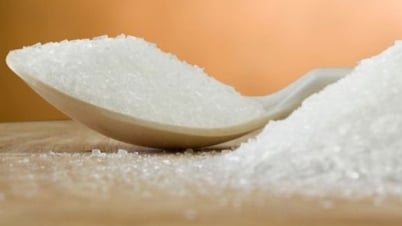
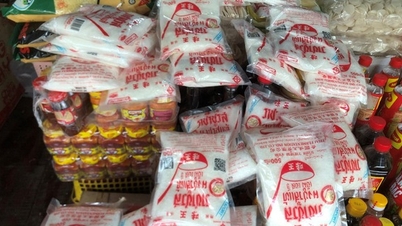



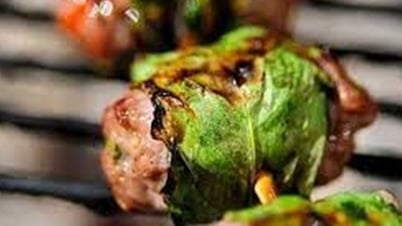
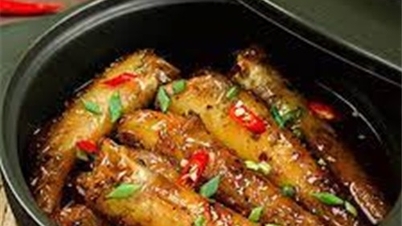

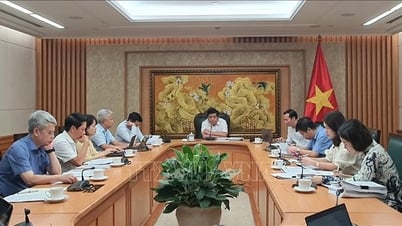
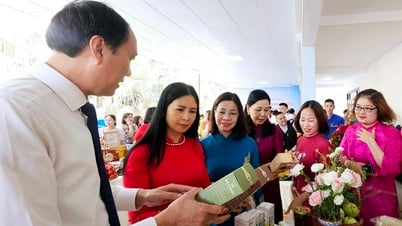
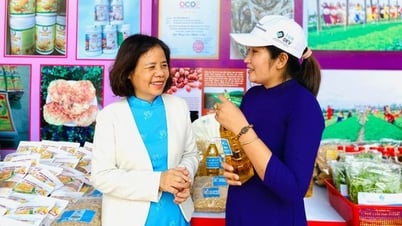






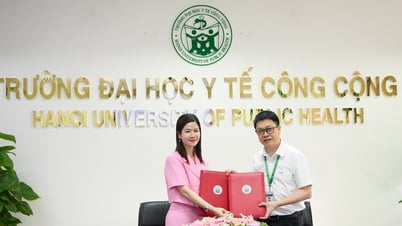




































![[Photo] Prime Minister Pham Minh Chinh talks on the phone with Singaporean Prime Minister Lawrence Wong](https://vphoto.vietnam.vn/thumb/402x226/vietnam/resource/IMAGE/2025/5/8/e2eab082d9bc4fc4a360b28fa0ab94de)

















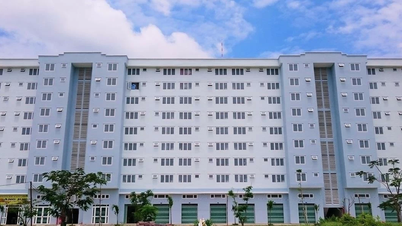












Comment (0)